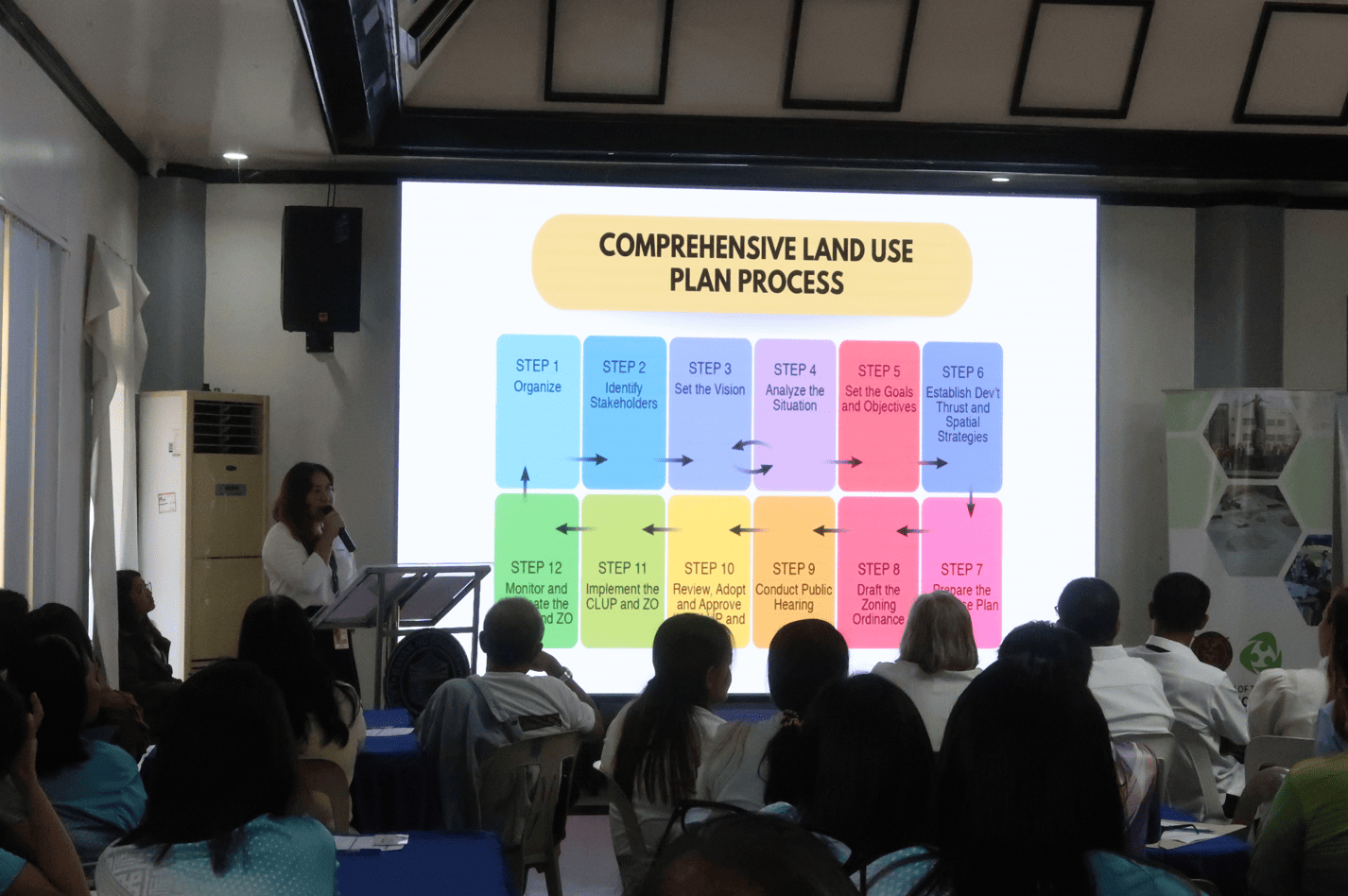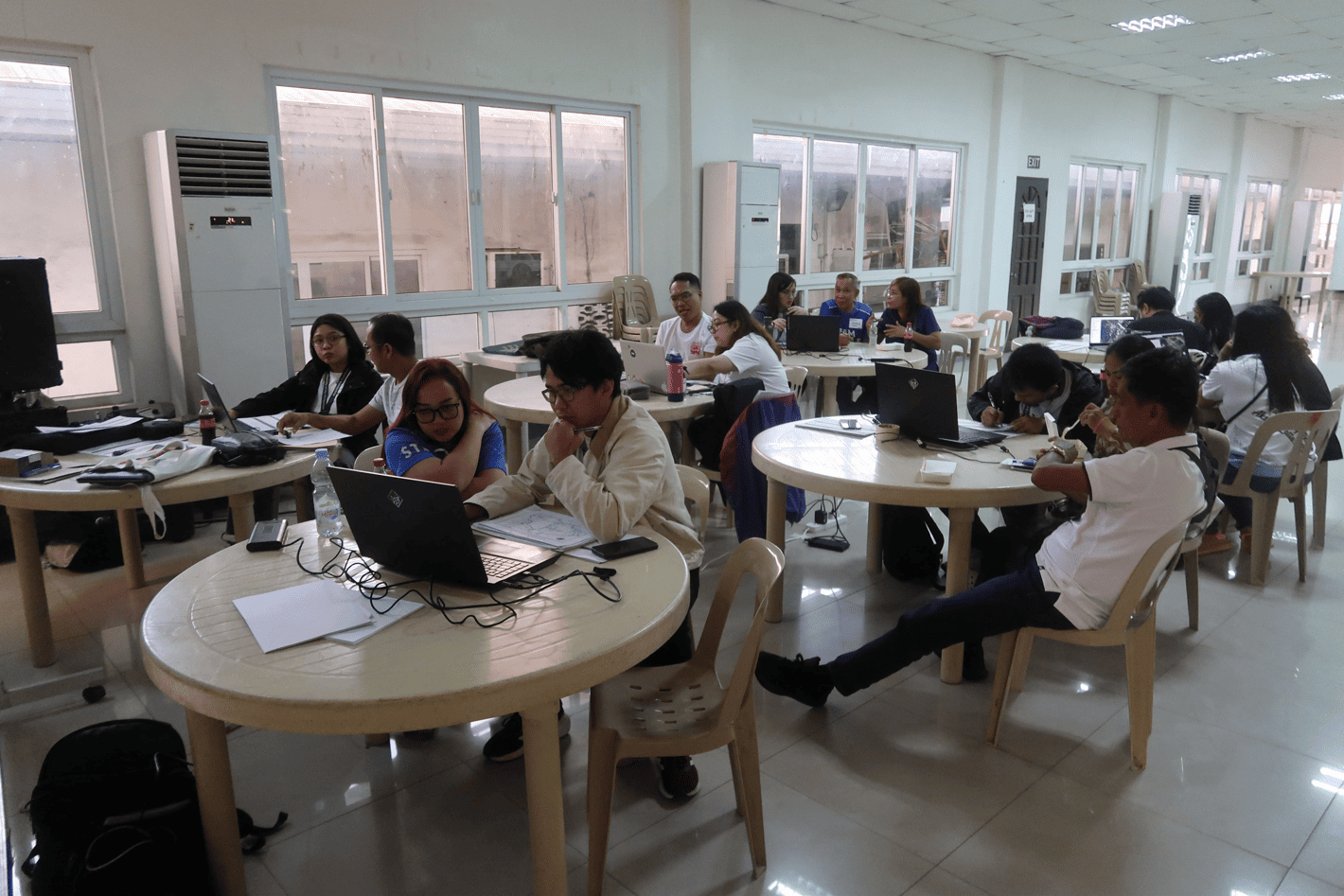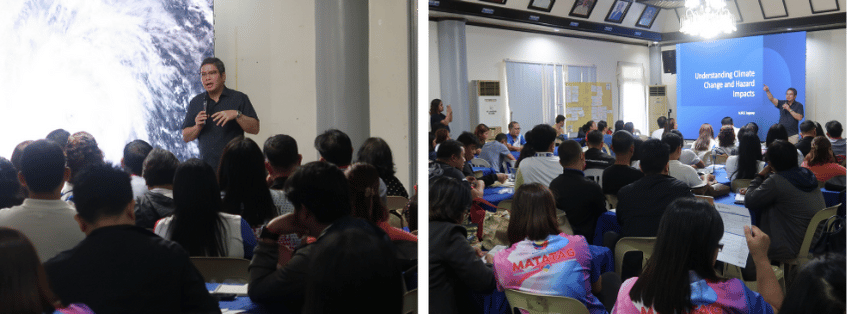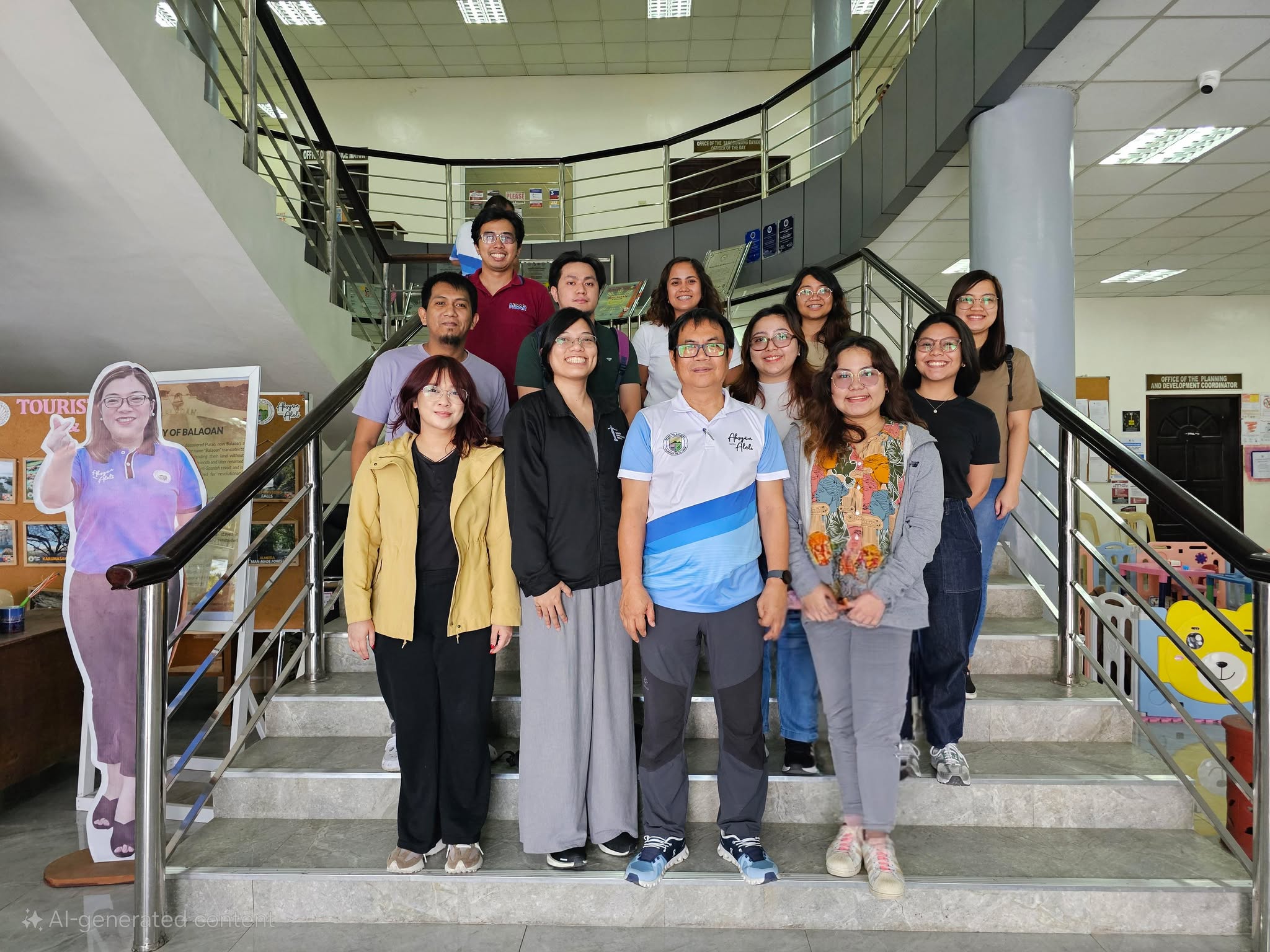By Marie Claire P. Mandar
The Municipality of Balaoan and the University of the Philippines Resilience Institute (UP RI) jointly launched the first in a series of workshops dedicated to enhancing local planning and disaster resilience. The Pre-planning Mobilization Workshop held last January 15-16, 2025, brought together municipal officials and personnel, technical experts, and local stakeholders to initiate the formulation of key development plans and reports, such as the Climate and Disaster Risk Assessment (CDRA), Comprehensive Land and Water Use Plan (CLWUP), Comprehensive Development Plan (CDP), and Local Climate Change Action Plan (LCCAP).
This foundational workshop was focused on building commitment among key players, mobilizing resources, and setting the framework for a participatory and science-based planning process. It provided an avenue for local leaders and staff to deepen their understanding of climate and disaster risks while laying the groundwork for policies and strategies that will guide the municipality’s sustainable development.

The workshop commenced with an overview of the objectives and expected outputs of the planning process. Researchers from UP RI introduced participants to the integrated approach for developing the CDRA, CLWUP, CDP, and LCCAP, emphasizing how these plans should complement one another to ensure holistic and risk-informed development.
One of the major activities was the formation of the planning teams, including the Core Planning Group, Technical Working Group (TWG), and Sectoral Working Groups (SWGs). These groups are responsible for gathering data, analyzing vulnerabilities, and crafting strategies to enhance disaster resilience and sustainable land use in the municipality.
A stakeholder identification and engagement session was also conducted by UP RI. Participants were guided in assessing the interests, knowledge, and influence of various stakeholders, ensuring that different perspectives are incorporated into the planning process. The stakeholder power-interest grid provided a clear visualization of key actors in the development process—including local government officials and community organizations—helping to identify effective strategies for collaboration.

Another crucial component of the workshop was the introduction to the CDRA process. UP RI facilitators explained the methodologies for identifying and evaluating climate risks, which involve hazard mapping, vulnerability assessment, and adaptive capacity analysis. Participants learned how CDRA findings will be integrated into the municipality’s CLWUP, CDP, and LCCAP to ensure climate-adaptive policies and investments.
A preliminary land and water use mapping session was also conducted simultaneously to the main season to validate existing spatial data and identify discrepancies in barangay boundaries. This activity is vital for the effective planning of land allocation, zoning regulations, and risk reduction strategies.

A key lecture during the workshop was delivered by Dr. Likha Minimo, Director for the Knowledge Sharing Division of UP RI, on bridging the gap between academic research and community-level disaster resilience. She emphasized the importance of translating scientific knowledge into practical tools that local governments and communities can use to adapt to climate change and mitigate its risks.

Dr. Alfredo Mahar Lagmay, Executive Director of UP RI, also delivered a lecture on understanding climate change and hazard impacts. During his presentation, he focused on the increasing frequency and severity of natural hazards in the Philippines and the critical role of multi-scenario hazard mapping in averting disasters. Using real-world examples, he demonstrated how better planning and scientific tools could have mitigated past disasters, underscoring the importance of proactive risk management.

The successful completion of this first workshop marks the beginning of an inclusive and evidence-based planning process for the Municipality of Balaoan. In the coming months, additional workshops will further refine the technical analyses, stakeholder inputs, and strategic priorities needed to complete the CDRA, CLWUP, CDP, and LCCAP.
As Balaoan embarks on this journey, the commitment and collaboration of all stakeholders will be key to ensuring that the municipality builds a sustainable and climate-resilient future. The local government remains dedicated to engaging the community, integrating scientific research into policies, and implementing strategies that promote long-term environmental and socio-economic resilience.
Stay tuned for updates as the Municipality of Balaoan continues to shape its path toward a safer and more sustainable future!

